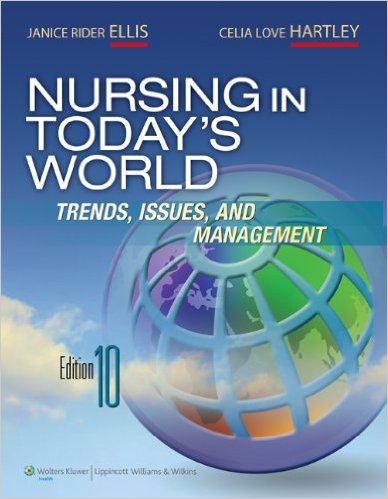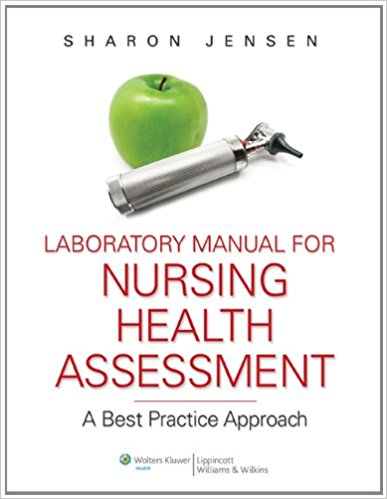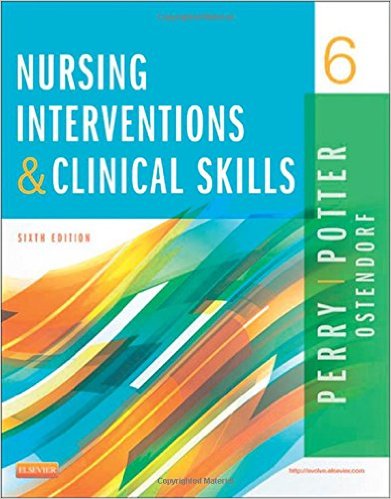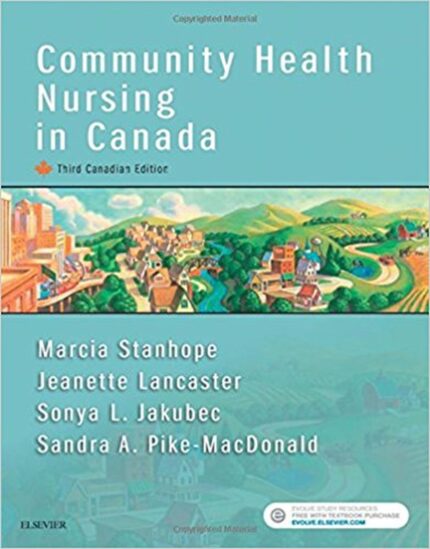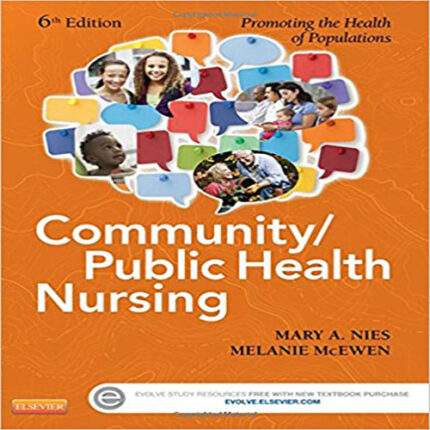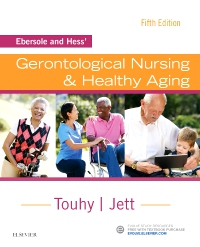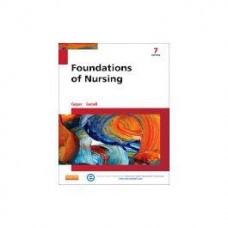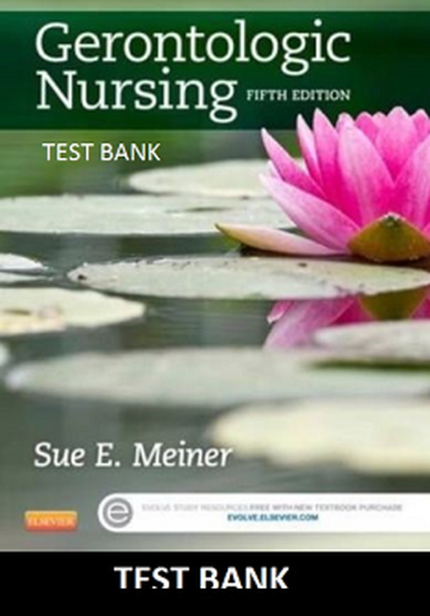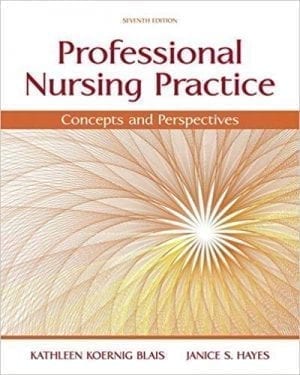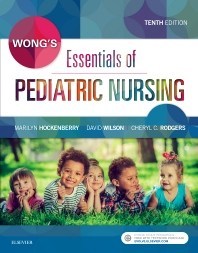Nursing in Today’s World 10th Edition by Dr. Janice Rider Ellis – Test Bank
Do you need test banks fast? eTestBank.net is the best test bank website for you! Download your test bank right after you pay. No waiting!
Why eTestBank.net is Great:
✅ Instant Download:
Get your test bank right away after payment.
✅ Unlimited Downloads:
Download your test bank anytime and as many times as you want.
✅ 24/7 Live Help:
We are here to help you all day, every day.
✅ Guaranteed Delivery:
If you don’t get the download right away, we will send it to you in 3 to 6 hours.
How to Get Your Test Bank:
- Pick Your Test Bank: Choose from many test banks.
- Pay Safely: Pay securely on eTestBank.net.
- Download Instantly: Get your test bank immediately after payment.
- Download Anytime: Unlimited downloads whenever you need them.
Need Help? Contact Us:
📧 Email: [Support@etestbank.net]
📱 WhatsApp: [https://wa.me/message/MC222DLQ4GDXL1r]
Didn’t Get Your Download?
Don’t worry! If you don’t get the file right away, we’ll send it to you in 3 to 6 hours. Need it sooner? Contact us by email or WhatsApp.
💡 Buy now from eTestBank.net for instant downloads, unlimited access, and 24/7 support—get your test bank today!
Chapter: Chapter 1: Exploring the Growth of Nursing as a Profession
Multiple Choice
1. Which of the following statements most accurately describes the practice of medicine in Greece from 800 BC to 300 BC?
A) Greek culture stressed natural causes for disease, a patient-centered approach, and the necessity of accurate observations and record keeping.
B) Greek culture borrowed medical practices from the countries it conquered, and physicians were often slaves.
C) Major and minor surgery, children’s diseases, and diseases of the nervous and urinary systems were described in Greek culture.
D) Medicine men (known first as shamans and later as priests) were responsible for curing ills of body and mind.
Ans: A
Client Needs: B
Cognitive Level: Comprehension Difficulty: Moderate
Integrated Process: Nursing Process Objective: 1
Page and Header: 4, Table 1.1
Feedback: Hippocrates, born about 400 BC, was a Greek citizen who became known as the Father of Modern Medicine. He emphasized natural causes for disease, a patient-centered approach, and the necessity of accurate observations and record keeping. These priorities influenced the practice of medicine both in Greece and beyond. Persia was known to utilize slaves as physicians, and Rome borrowed medical practices from the countries it conquered. Ancient India emphasized hygiene and prevention of sickness and described major and minor surgery, children’s diseases, and diseases of the nervous and urinary systems. Medicine men were characteristic of the Mayan and Aztec civilizations.
2. Florence Nightingale fostered the development of nursing as a profession. What was the basis of her nursing theory?
A) The nurse’s role is to assist individuals (sick or well) to carry out those activities that they would perform unaided if they had the necessary strength, will, or knowledge.
B) The goal of nursing is to put the patient in the best condition for nature to act upon him, primarily by altering the environment.
C) The focus of nursing is the spiritual subjective aspects of both the nurse and the patient and the “caring moment” relating to the time when the nurse and the patient first come together.
D) The focus of nursing is the care of human beings who are viewed as open systems in constant interaction with their environments.
Ans: B
Client Needs: A-1
Cognitive Level: Analysis
Difficulty: Difficult
Integrated Process: Nursing Process
Objective: 2
Page and Header: 21, Early Definitions of Nursing
Feedback: Florence Nightingale, in her Notes on Nursing: What It Is and What It Is Not, described the nurse’s role as one that would “put the patient in the best condition for nature to act upon him” (Nightingale, 1954, p. 133), a definition that often is quoted today. This action was prioritized over physically assisting the patient. Watson emphasized the spiritual subjective aspects of the nurse and the patient, and the “open systems” concept is central to King’s theory of nursing.
3. Which one of the following statements accurately describes an element of the process of providing a definition of nursing?
A) Researchers can pinpoint the period in history when nursing first evolved.
B) Nurses agree on a single definition of nursing, partly because of the history of nursing. C) There is an obvious distinction between nursing and medicine.
D) Nursing theorists developed definitions of nursing consistent with their conceptual frameworks.
Ans: D
Client Needs: A-1
Cognitive Level: Analysis
Difficulty: Moderate
Integrated Process: Nursing Process
Objective: 7, 8
Page and Header: 23, Influences on the Definition of Nursing
Feedback: As nursing has grown into a true profession, many nursing theorists have developed definitions of nursing consistent with their conceptual frameworks; these frameworks provide the foundation for any given definition of nursing. The historical emergence of nursing did not take place at one particular time, and there are multiple definitions of nursing. While nursing and medicine indeed differ, the distinctions between the two professions are not always clear.
4. A nurse wishes to document nursing actions using a standardized language. Which of the following systems might the nurse use?
A) NANDA International (NANDA-I)
B) Nursing Outcomes Classification (NOC)
C) Minimum Data Set for Nursing Home Resident Assessment and Care Screening (MDS) D) Nursing Interventions Classification (NIC)
Ans: D
Client Needs: A-1
Cognitive Level: Application
Difficulty: Moderate
Integrated Process: Communication and Documentation
Objective: 12
Page and Header: 40, Nursing Interventions Classification
Feedback: Started in 1996 at the University of Iowa, the Nursing Interventions Classification (NIC) is a comprehensive, standardized language that describes actions that nurses perform in all settings and in all specialties and includes both physiologic and psychosocial interventions. NANDA and NOC provide standardized language for nursing diagnoses and outcomes. The MDS is an assessment tool specific to long-term care settings.

